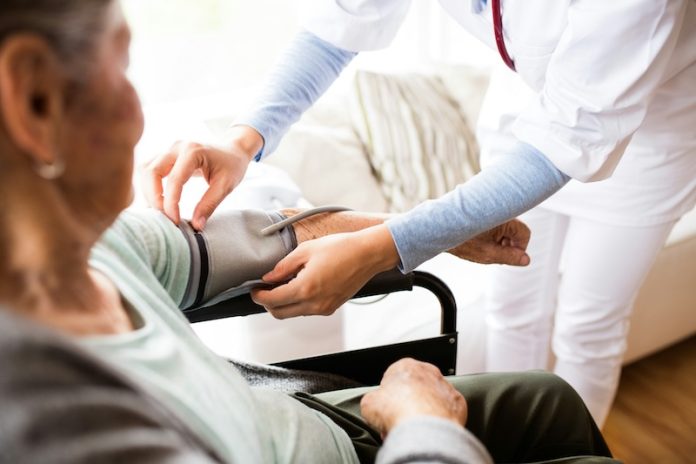
High blood pressure is a serious condition that affects millions of men, increasing the risk of heart disease, stroke, and kidney problems.
Medications are essential for keeping blood pressure under control, but they can sometimes come with side effects that impact daily life and well-being.
Understanding these effects and finding the right treatment balance is key to maintaining both health and quality of life.
One of the most discussed side effects of blood pressure medication in men is erectile dysfunction (ED).
Some medications, like beta-blockers and diuretics (water pills), can lower blood flow or interfere with nerve signals needed for an erection.
However, high blood pressure itself can also cause ED by damaging blood vessels. That’s why it’s important to find a medication that lowers blood pressure without worsening ED. If this becomes an issue, a doctor may recommend switching to a different type of medication.
Fatigue and weakness are also common, especially with beta-blockers. These drugs slow the heart rate, which can lead to low energy levels and sluggishness. This can be frustrating for active men or those who need high energy for work. Adjusting the dose or switching to another medication may help reduce these effects.
Lower sex drive (libido) is another concern, separate from ED. While the exact cause isn’t always clear, long-term health conditions like high blood pressure, combined with medication effects, may contribute to this issue. Talking to a doctor can help identify possible solutions, such as lifestyle changes or alternative medications.
Swelling in the feet, ankles, or legs (edema) is another potential side effect, particularly with calcium channel blockers. This happens when fluid builds up in the body. If swelling becomes uncomfortable, a doctor may suggest reducing the dose, switching medications, or adjusting salt intake.
Some blood pressure medications can also cause imbalances in key minerals like sodium and potassium, leading to muscle cramps, weakness, or increased fatigue. Regular check-ups and blood tests can help monitor these levels and allow adjustments if needed.
Despite these side effects, controlling blood pressure is essential to preventing life-threatening conditions like heart attacks, strokes, and kidney failure. Fortunately, there are ways to reduce side effects while still managing blood pressure effectively.
- Talk to your doctor: If side effects become a problem, don’t stop taking the medication on your own. A doctor can adjust the dose or recommend a different medication that works better for you.
- Stay active: Regular exercise helps control blood pressure and boosts energy levels, which can counteract fatigue from medication.
- Eat a healthy diet: A diet rich in fruits, vegetables, and whole grains can support heart health and reduce the need for higher medication doses.
- Manage stress: Practices like meditation, deep breathing, or spending time in nature can lower blood pressure naturally.
While blood pressure medications can cause side effects, they play a crucial role in protecting heart health.
By working with a doctor and making healthy lifestyle choices, men can manage high blood pressure effectively without sacrificing their quality of life.
The key is awareness, communication, and a personalized treatment plan that keeps blood pressure in check while minimizing unwanted effects.
Copyright © 2025 Knowridge Science Report. All rights reserved.



